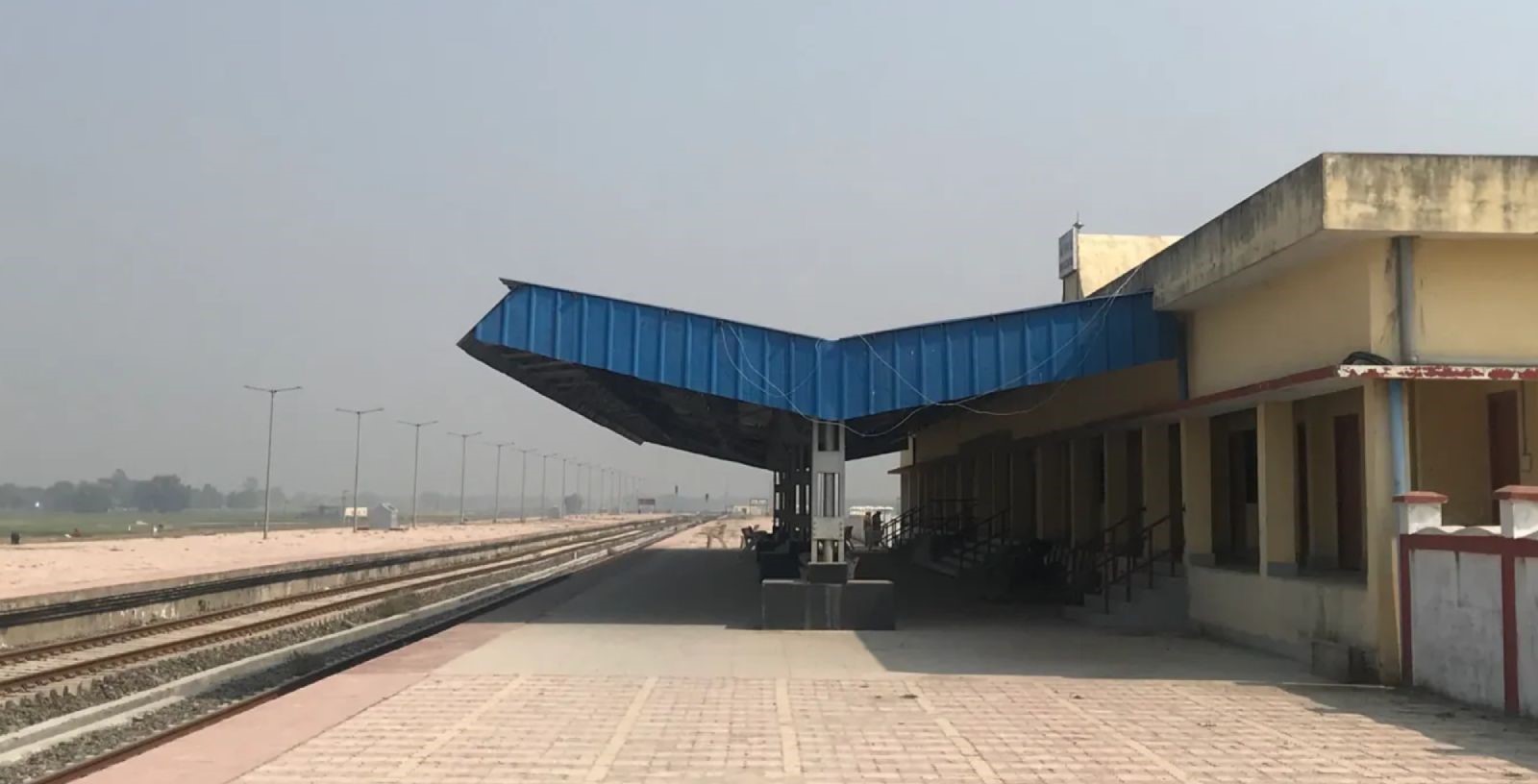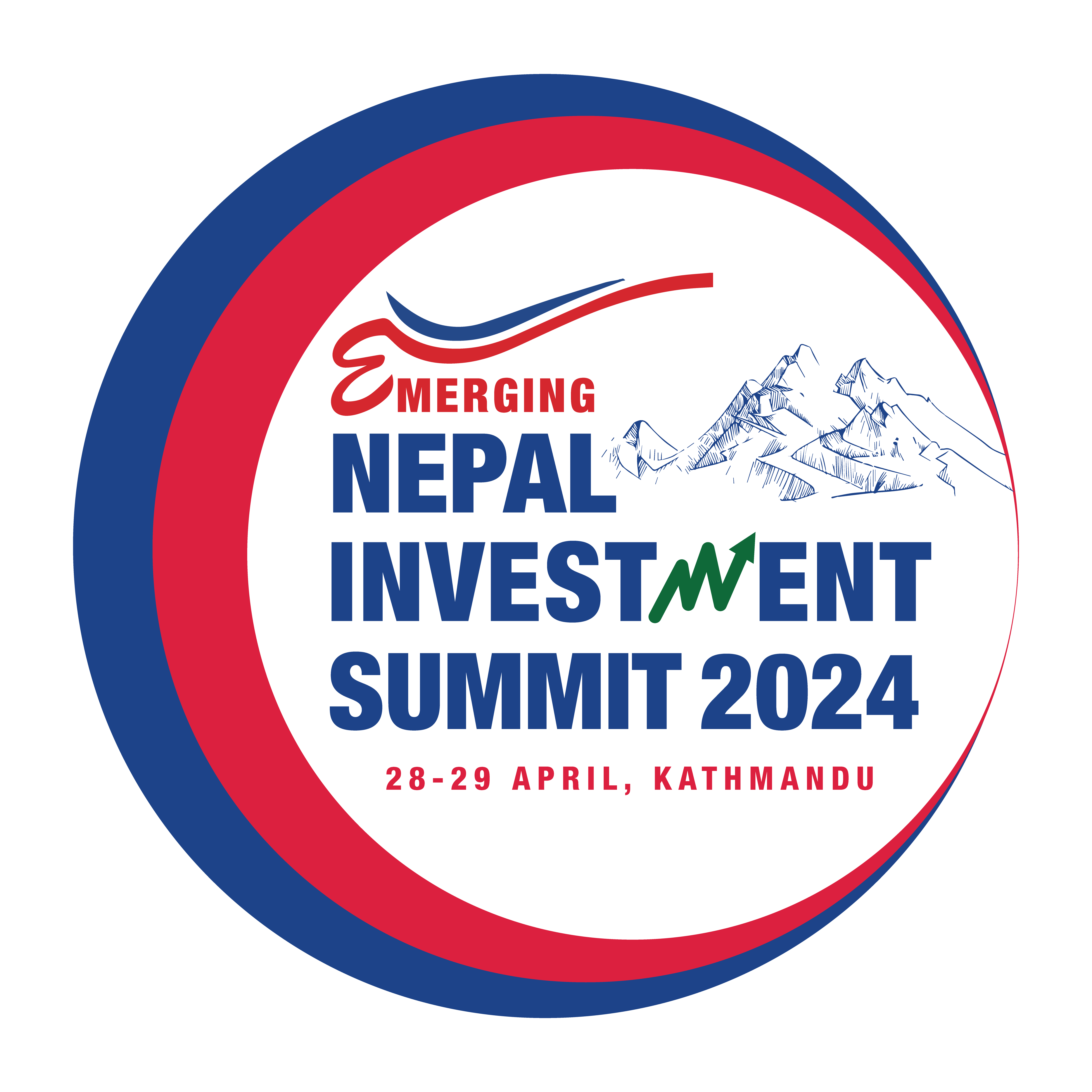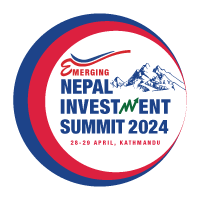Nepal Framing Liberal Policies to Attract Global Investments

Dr. Shankar P Sharma, a distinguished figure in international diplomacy, currently serves as the Ambassador of Nepal to India. Previously, he was the Ambassador to the United States, bringing a wealth of diplomatic experience to his position. From 2002 to 2006, Dr. Sharma assumed the mantle of Vice-Chairman at the National Planning Commission of Nepal, contributing significantly to the country’s strategic planning and development initiatives.
Throughout his career, Dr. Sharma has been a stalwart presence on the global stage, actively engaging in various international forums and summits. His participation in the UN General Assemblies, World Bank and IMF meetings, SAARC Summits, and UN ESCAP gatherings underscores his commitment to fostering international cooperation and advancing Nepal’s interests on the global platform.
Before his tenure at the National Planning Commission, Dr. Sharma held diverse roles that enriched his expertise in economics and development. His experience as a Senior Economic Advisor at the Ministry of Finance in Nepal, Senior Economist at the Institute of Southeast Asian Studies in Singapore, and Fellow at the East-West Center in Hawaii equipped him with a multifaceted understanding of economic dynamics in the region.
In a recent interaction with The Interview World, Dr. Shankar P Sharma offers valuable insights into Nepal’s evolving relationship with India, the significance of infrastructure development for regional trade and security, and the sectors primed for foreign investment. His astute analysis sheds light on the opportunities and challenges facing Nepal in the contemporary global landscape.
Q: How can Nepal attract foreign investment to key sectors to foster economic growth and development?
A: In Nepal, when considering the most promising sectors, three shine brightly: hydroelectricity, hospitality, and IT industries. Nevertheless, the landscape of opportunity extends beyond these pillars. Health, education, and numerous other domains eagerly await technological integration, promising significant advancements. While strides have been made in infrastructure and the realm of public-private partnerships (PPP), the nation’s potential remains largely untapped. Within this burgeoning landscape lies a wealth of untold possibilities, awaiting the vision and ingenuity of those willing to explore. Undoubtedly, Nepal stands poised at the threshold of a transformative era, where innovation and investment intersect to shape a prosperous future.
Q: How are you tailoring your policies to foster an environment conducive to attracting global companies?
A: In the Special Economic Zone Act, we’ve explicitly designed policies for global companies to operate within these zones. We garnered support from several other nations and managed to pass this legislation. Moreover, when observing the companies operating within these zones, you’ll likely notice they tend to be more liberal compared to their counterparts elsewhere in the world. We aim to foster a more liberal environment to attract a wide array of industries to our country, facilitating easier entry and exit for these companies. I’m confident our industry-friendly policies will attract MNCs from across the world. Some of these initiatives have been personally driven by my efforts to champion them.
Q: How important is Nepal’s relationship with India from a bilateral trade development perspective?
A: The open border and visa-free policy, coupled with the ability to import skilled manpower from India, offer substantial benefits to Nepal. This arrangement not only fosters closer economic ties between the two nations but also facilitates the exchange of expertise and resources, contributing to mutual growth. Moreover, the interlinking of the Indian and Nepali currencies serves as a buffer against foreign exchange risks, providing stability and confidence to investors.
I’d like to emphasize that India possesses a significant competitive advantage when investing in Nepal. Notably, Indian investment accounts for 33% of the total stock in Nepal, whereas the second-largest contributor, China, only holds 12%.
Additionally, Nepal’s agreement with India to export 10,000 megawatts of energy over a decade signifies a significant step towards energy cooperation and regional development. Furthermore, Nepal’s proactive approach to exploring other markets, such as Bangladesh, Sri Lanka, and the BBIM and BIMSTEC regions, expands the scope for investment and trade partnerships, bolstering the country’s economic prospects.
This symbiotic relationship with India not only ensures a reliable market for Nepal’s energy exports but also strengthens bilateral ties and fosters regional integration. Moreover, Nepal’s commitment to aligning its laws and regulations with international standards enhances its attractiveness to foreign investors, paving the way for sustainable economic development and prosperity.
Q: Can you elaborate on how the ongoing infrastructure development in the region is expected to enhance the security of the region?
A: Investing in infrastructure development is paramount for enhancing the efficiency of integrated checkposts and facilitating seamless business transactions, including import and export operations between Nepal and its trading partners. Improved infrastructure not only fosters connectivity between the people of both nations but also plays a crucial role in reducing logistical hurdles and transportation costs associated with cross-border trade.
Both India and Nepal have demonstrated a strong commitment to enhancing connectivity through various avenues, including the construction of border roads, expansion of railway networks, development of waterway routes, and advancements in air travel infrastructure. These collective efforts are anticipated to not only bolster business activities but also foster stronger bilateral ties and promote economic growth in the region.

Source: theinterview.world

